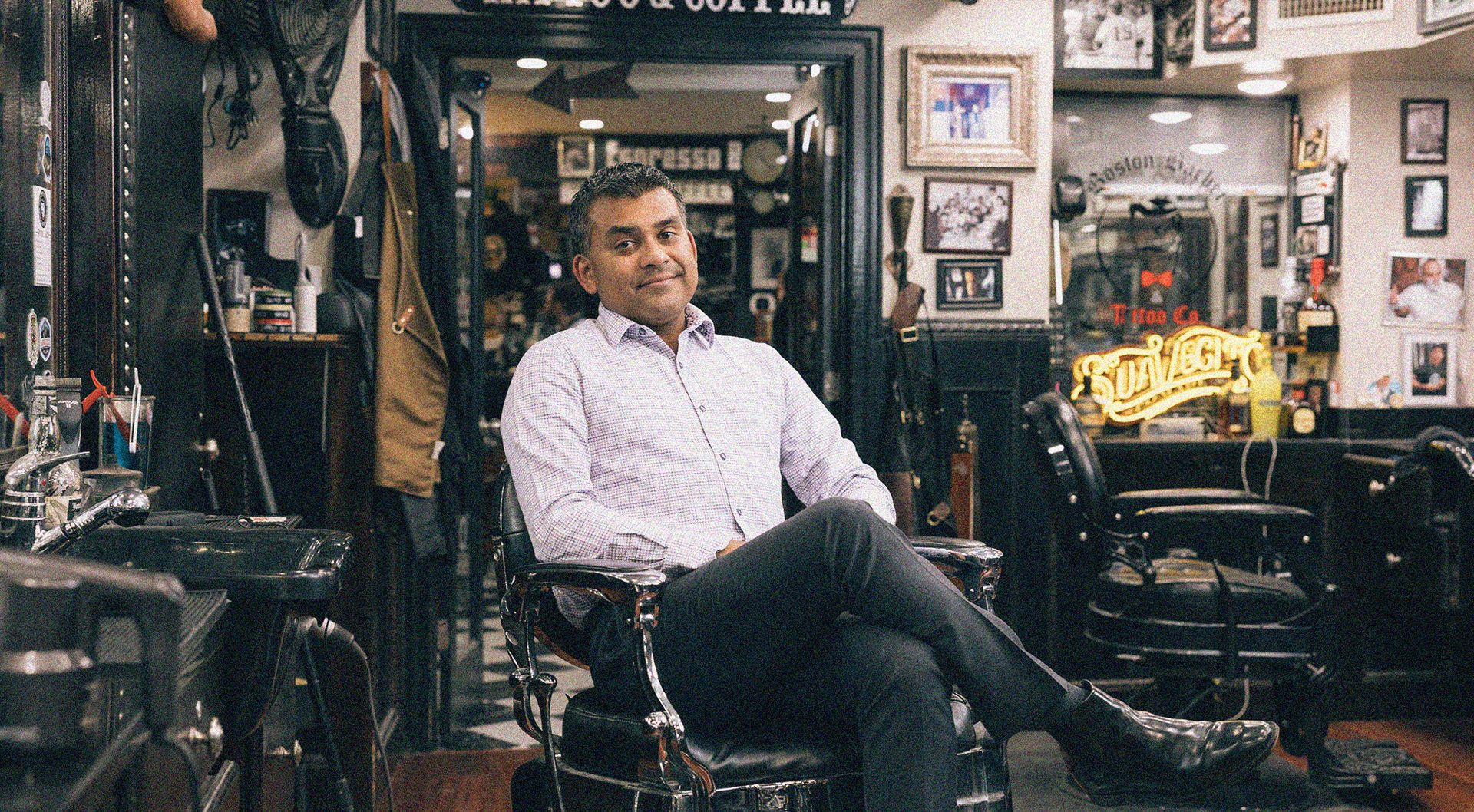

Atish's Story: From research to patient care, revolutionizing cancer treatment in Boston
Becoming a Movember supporter
I got introduced to the group in 2009, when I won a Young Investigator award through the Prostate Cancer Foundation. Shortly thereafter, I got hooked up with the founding members of team BellissiMo, and the rest is history. Team BellissiMo doesn’t just have members from one institution banding together. It’s people from different backgrounds and specialities, all over Boston coming together with a singular mission: to reduce death and suffering from prostate cancer.
From laboratories to patient care
I came from a laboratory background. I was a chemistry major in college, and I was interested in biochemistry research. When I started working through my major, I found that cancer biology was by far the most fascinating topic. We learned that cancer cells have developed the ability to outsmart our bodies’ ways to detect and eliminate them, and eventually become resistant even to our best treatments. I was really interested in learning more on a scientific level, and working out how we can overcome treatment resistance. I grew to love patient care in medical school and think a lot more directly about how research can contribute to patients’ overall wellbeing. What really drew me in was thinking more holistically about patient care and quality of life in lieu of focusing on a particular gene or protein or pathway. My scientific background contributes to my role, and being interested in how these sorts of molecular and genetic studies can contribute to improving patient outcomes.
Undoing inequity in patient support
Part of the difficulty in treating these kinds of cancers is that oftentimes we treat men who don’t have any symptoms from their cancer. Hormonal treatments and chemotherapy are common interventions that can have bothersome side effects in many patients. This leads to a disconnect that requires a bit of trust between the patient and the provider. Some of the side effects are obvious and things that are easily seen and verbalized, but some side effects require a community of people to help bring them to our attention so we can try to address them.
The problem is that not all men who we treat have that sort of community, or close family relationships who can provide dedicated care. There’s a crisis in our society when a lot of our patients who have these kinds of medical needs don’t have the social supports and networks to help manage. Not to mention the added burden on the caregivers, especially when the patient might seem withdrawn and unappreciative of the things that the caregiver provides.
Maximizing quality of life through novel technologies
Focusing on how to improve the quality of life for our patients with cancer is the main driver in everything I do. Not just prolonging life but delaying symptoms of cancer that could affect quality of life. Movember plays a really important role in terms of outreach and awareness among the community. They’re also helping us develop technology that leads to new treatment paradigms which often allows us the ability to treat disease aggressively upfront to allow meaningful time off treatment in some men. By doing this we’re able to maintain quality of life, even in men with advanced prostate cancer. Before we had these new tools, many of our patients would need to stay on hormonal drugs indefinitely. Movember is really helping push the field forward in terms of novel approaches with the goal of preserving quality of life.
Banding together in support of our community
It’s often difficult for healthcare providers to find time to connect. The great thing about team BellissiMo is the sense of community. We get together every year for fundraising events that build connection among the Boston healthcare community. These events allow us the opportunity to reinvest in our neighborhood in support of a cause that drives us forward. We’ve got Movember to thank for that.